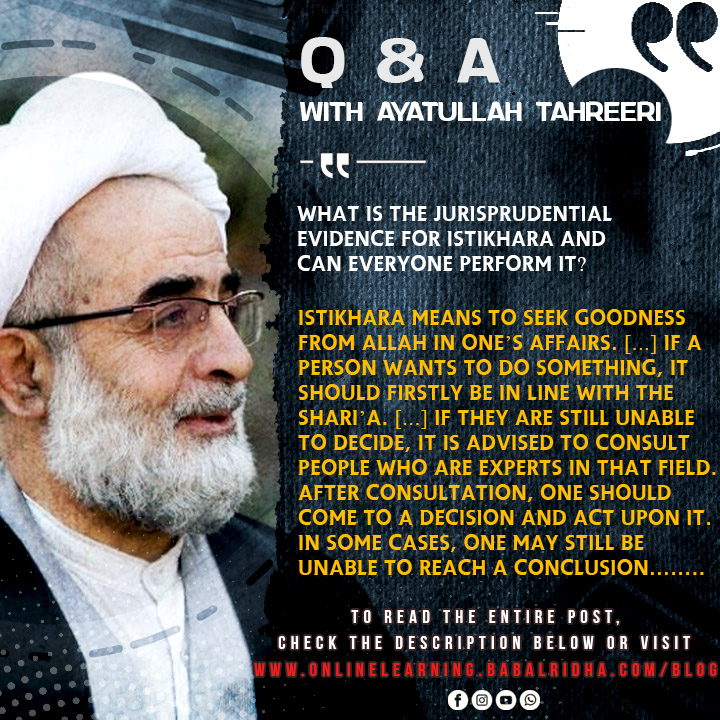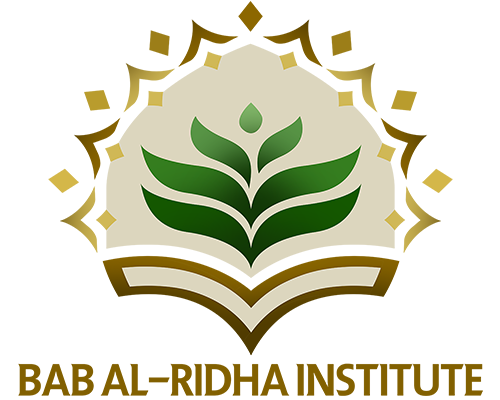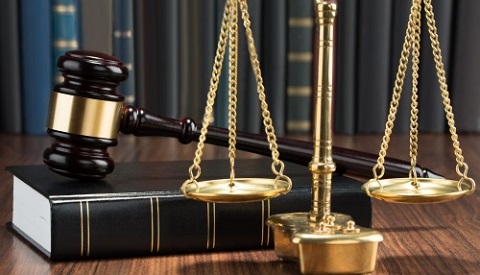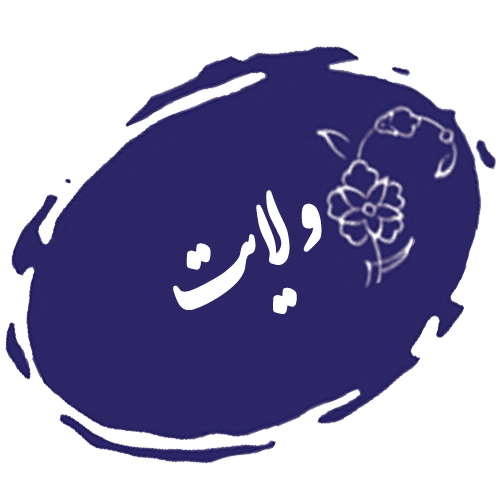What is the jurisprudential evidence for istikhara and can everyone perform it?

Question: What is the jurisprudential evidence for istikhara and can everyone perform it?
Answer: Istikhara means to seek goodness from Allah in one’s affairs. To seek goodness from Allah [in a general sense] means to rely on Him completely in all matters. If a person wants to do something, it should firstly be in line with the shari’a. Once an individual has thought over the benefits and whether or not this matter is necessary for them personally or for society, if they are still unable to decide, it is advised to consult people who are experts in that field. After consultation, one should come to a decision and act upon it.
In some cases, one may still be unable to reach a conclusion, even after seeking expert advice. Here it is advised that one should do istikhara [in the specific sense] for this work, so that they come out of the state of confusion. In the traditions, istikhara using Quran, as well as rosary beads has been mentioned.
Shaykh Abbas Qummi has mentioned some traditions with strong chains of narrators in his book, “Mafateeh Al-Jinaan”, that state the conditions for doing istikhara. If a person finds all these conditions fulfilled within themselves, they can do istikhara themselves.
If the istikhara is performed following all those conditions and the result of it comes out negative, the person should follow it, i.e. avoid doing that work. However, if the result of the istikhara is positive, it is not mandatory to follow it. It just means that that work is good for them and there is no problem in performing it.



